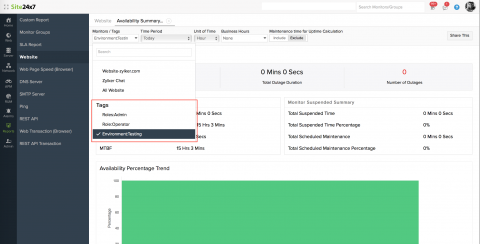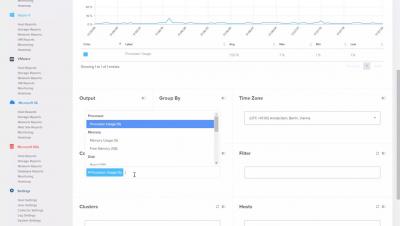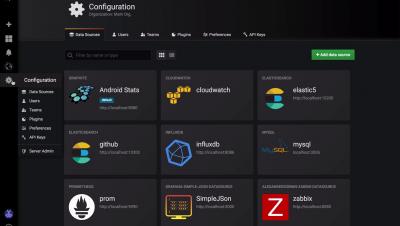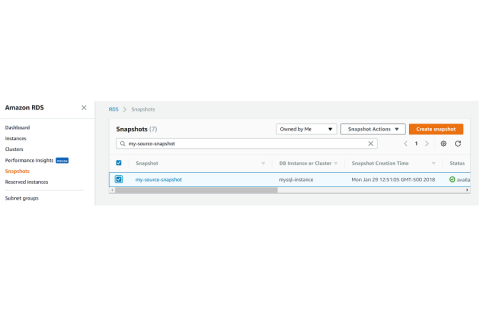Tags: A smarter way to organize and manage monitors
Being organized is a critical aspect of IT infrastructure monitoring and management. Our Monitor Groups and Subgroups feature gave you the flexibility to group resources by a business application. With our recent launch of tags in Site24x7, you'll now be able to organize your resources by technology and other segments. So let's dive in and learn a bit more about tags, its features, and some basic tagging strategies.











